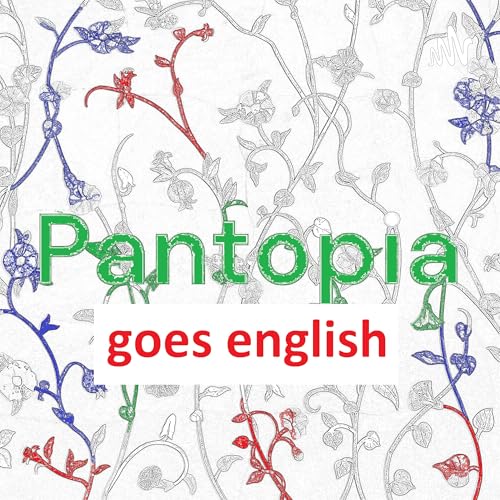You have spent your entire life chasing something that was never yours. You were taught that if you work hard, if you push yourself to the limit, if you sweat every minute, you will get somewhere. A lie.
A lie repeated so many times that it has contaminated your perception of reality. They have programmed you to worship sacrifice, but no one told you that many die on the altar of effort without having achieved anything. That is the trap.
The more you work, the less you have. It sounds absurd, but it's the truth no one wants to see. Look around you.
Look at them. People running, exhausted, with faces burnt by routine, hands full of calluses, souls empty. And then there are those, the ones who don't sweat, who don't lose sleep, who don't sacrifice, and yet they have everything.
They are not smarter than you. They are not stronger. They simply learned before you that the world doesn't reward effort.
It rewards strategy. They have turned you into a cog in a gear that never stops. You work, get paid, pay bills, and start over.
Every day the same. And if one day you stop, you feel guilt, as if not working were a sin. That guilt is not yours.
It was implanted in you. The culture of effort is an invisible chain. They applaud you for working hard, but look at you with disdain when you rest.
But the curious thing is that those who demand the most from you to work hard rarely work that hard themselves. Your boss doesn't work more than you. The owner of the company doesn't work more than you.
The politician who tells you you have to make an effort has no idea what a 12-hour shift is. And yet, they are the ones demanding sacrifice from you, because they know that while you work, they earn. While you wear yourself out, they get rich.
Effort is not the way, it's the bait. But here comes what really hurts. You have collaborated with that system, because you believe there is no other option.
Because you are terrified to question it. Because if effort is useless, then what do you have left? The answer is not in working more. It is in working better, smart, strategic, cold, without emotions.
The world doesn't belong to those who get up early. It belongs to those who think. The one who gets up early collects the leftovers of the one who planned the night before.
The one who thinks moves the one who obeys. And the one who obeys gets tired, ages, and dies without having truly lived. The real trap is not working hard.
It is believing that that sacrifice brings you closer to success. It doesn't bring you closer. It moves you away.
Because it consumes you. Because it blinds you. Look back.
How many years have you been working non-stop? How many times have you gotten a raise? How many times have you felt that you are moving forward? And the worst? How many times have you been told you have to keep making an effort? As if it were an infinite debt. As if working hard were an eternal virtue that is never rewarded. They have educated you to be a slave with illusions.
And that is the worst slavery. The one you don't see. The one you live convinced is freedom.
Because you can choose the job, but not the system. Because you can change bosses, but not roles. You will always be the one who executes, never the one who designs.
Unless you change the rules. Working smart is not doing less. It is doing what matters.
It is saying no. It is knowing what yields results and what is noise. It is understanding that your time is your most valuable asset.
That every hour badly invested never returns. That every action without strategy is wasted energy. Working smart is being ruthless with your choices.
It is prioritizing. It is cutting. It is eliminating the superfluous.
But of course, that hurts. Because we have been taught to associate value with effort. If something doesn't hurt, we think it's worthless.
 5 min
5 min Jun 29 20256 min
Jun 29 20256 min Jun 27 20256 min
Jun 27 20256 min Jun 26 20256 min
Jun 26 20256 min Jun 12 20257 min
Jun 12 20257 min Apr 11 20259 min
Apr 11 20259 min 4 min
4 min Nov 29 20242 min
Nov 29 20242 min
